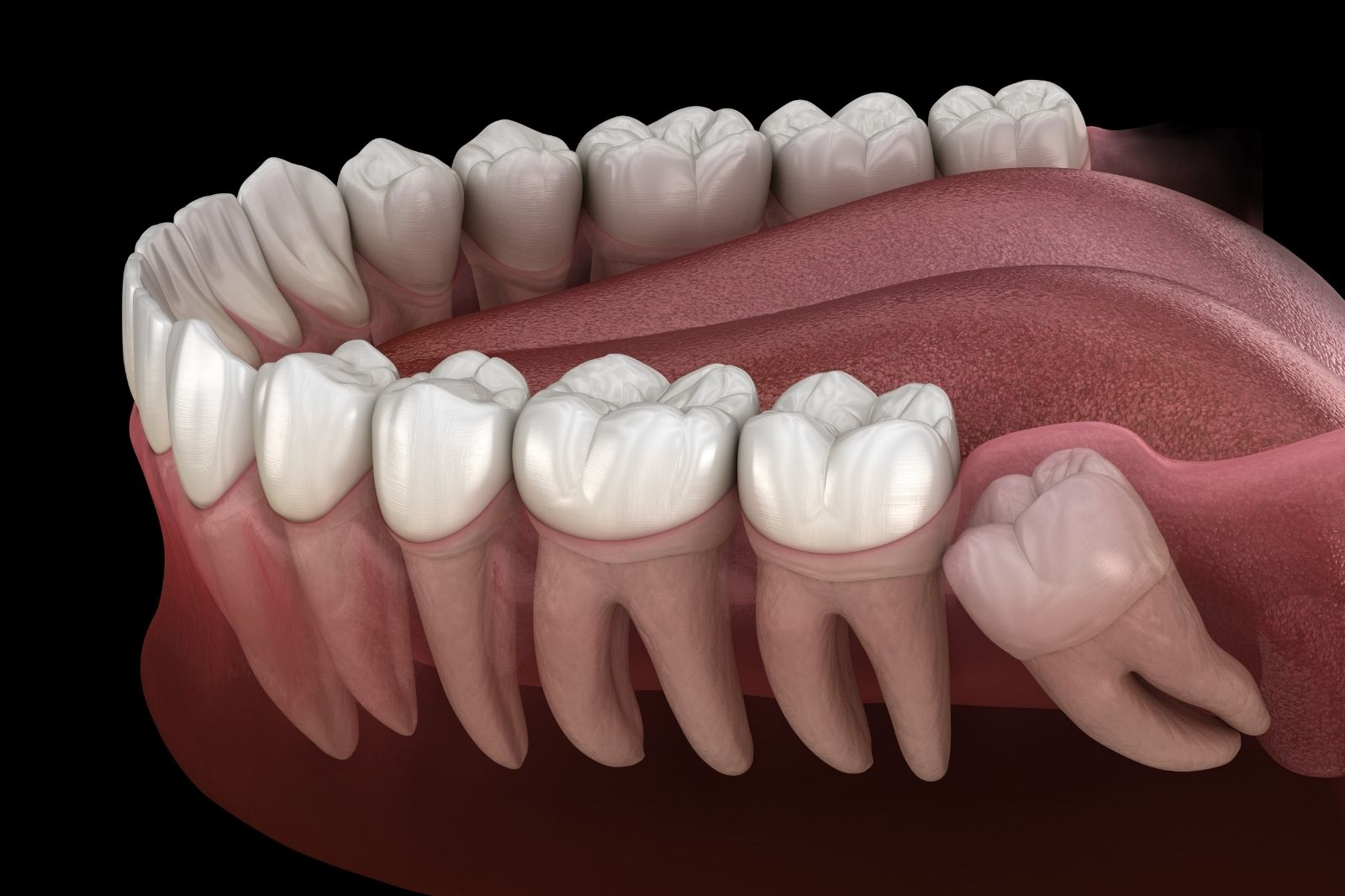Benefits of Wisdom Teeth Removal
At our esteemed dental clinic, we understand the importance of wisdom teeth removal and the numerous benefits it offers. In this article, we will delve into the reasons why wisdom teeth removal is necessary, the advantages it brings, and the overall impact it can have on your oral health.
Understanding Wisdom Teeth
Wisdom teeth, also known as third molars, typically emerge between the ages of 17 and 25. These teeth were once essential for our ancestors who had larger jaws and needed the extra chewing power. However, due to evolution, our jaws have become smaller, leaving little to no space for these additional teeth.
Why Wisdom Teeth Removal is Necessary
Impacted Wisdom Teeth:
One of the primary reasons for wisdom teeth removal is when they become impacted. This occurs when there isn’t enough space in the mouth for the teeth to fully emerge or develop properly. Impacted wisdom teeth can cause pain, infection, and even damage to adjacent teeth.
Crowding and Shifting:
Wisdom teeth can exert pressure on surrounding teeth, causing them to shift or become crowded. This can lead to misalignment, malocclusion, and other orthodontic issues that may require extensive treatment later on.
Infection and Decay:
Partially erupted wisdom teeth can create a pocket between the gum and the tooth, making it difficult to clean properly. This can result in the accumulation of bacteria, leading to infection, gum disease, and tooth decay.
The Benefits of Wisdom Teeth Removal
Prevention of Oral Health Issues:
By removing your wisdom teeth, you can prevent a range of dental problems. This includes avoiding impaction, crowding, shifting, infection, and decay. By addressing these issues proactively, you can maintain optimal oral health and avoid potential complications in the future.
Alleviation of Discomfort:
Impacted wisdom teeth can cause significant pain and discomfort. By opting for wisdom teeth removal, you can alleviate this discomfort and improve your overall quality of life.
Improved Orthodontic Outcomes:
If you are undergoing orthodontic treatment, removing wisdom teeth can prevent any potential interference with the alignment of your teeth. This ensures that your orthodontic treatment proceeds smoothly, resulting in a straight and beautiful smile.
Reduced Risk of Infection:
Removing wisdom teeth eliminates the risk of infection and gum disease associated with partially erupted or impacted teeth. This helps maintain optimal oral hygiene and reduces the likelihood of experiencing oral health complications in the future.
Faster Recovery:
Removing wisdom teeth at a younger age often leads to faster and easier recovery. Younger individuals tend to heal more quickly, experience less post-operative discomfort, and have a lower risk of complications.

Wisdom teeth removal is a proactive and beneficial step towards maintaining excellent oral health. By addressing potential issues early on, you can prevent discomfort, infection, and other complications that may arise in the future. Our team of experienced dental professionals is here to guide you through the process and ensure a smooth and successful wisdom teeth removal procedure.
Frequently Asked Questions about Wisdom Teeth Removal
1. Why should I consider removing my wisdom teeth?
Removing wisdom teeth can prevent potential problems such as impaction, overcrowding, and misalignment of other teeth.
2. How long does it take to recover from wisdom teeth removal?
Recovery time varies, but most people recover within a week to ten days after the procedure.
3. Will removing my wisdom teeth hurt?
During the procedure, you will be under anesthesia, so you won’t feel any pain. Afterward, you may experience some discomfort, but it can be managed with pain medication.
4. Are there any risks or complications associated with wisdom teeth removal?
Like any surgical procedure, there are potential risks and complications, such as infection, dry socket, nerve damage, and excessive bleeding. However, these are relatively rare.
5. Can I eat normally after wisdom teeth removal?
It is recommended to stick to a soft food diet for the first few days after the surgery. As you heal, you can gradually reintroduce solid foods into your diet.
6. How much does wisdom teeth removal cost?
The cost of wisdom teeth removal can vary depending on factors such as the complexity of the extraction and your location. It is best to consult with your dentist or oral surgeon for an accurate estimate.
7. Can I drive myself home after the procedure?
No, it is not recommended to drive yourself home after wisdom teeth removal as the anesthesia can impair your coordination and judgment. Arrange for someone to drive you or take a taxi or public transportation.
8. Will removing my wisdom teeth affect my facial appearance?
Wisdom teeth removal typically does not have a significant impact on facial appearance. However, in rare cases where the removal of wisdom teeth causes changes in jaw structure, there may be minor effects on facial symmetry.
9. Can I go back to work or school immediately after the procedure?
It is recommended to take a few days off to rest and recover after wisdom teeth removal. This allows your body to heal properly and reduces the risk of complications. Consult with your oral surgeon for specific guidelines based on your situation.
10. Is wisdom teeth removal covered by insurance?
Most dental insurance plans cover at least a portion of the cost of wisdom teeth removal if it is deemed medically necessary. However, coverage can vary, so it is best to check with your insurance provider beforehand.




